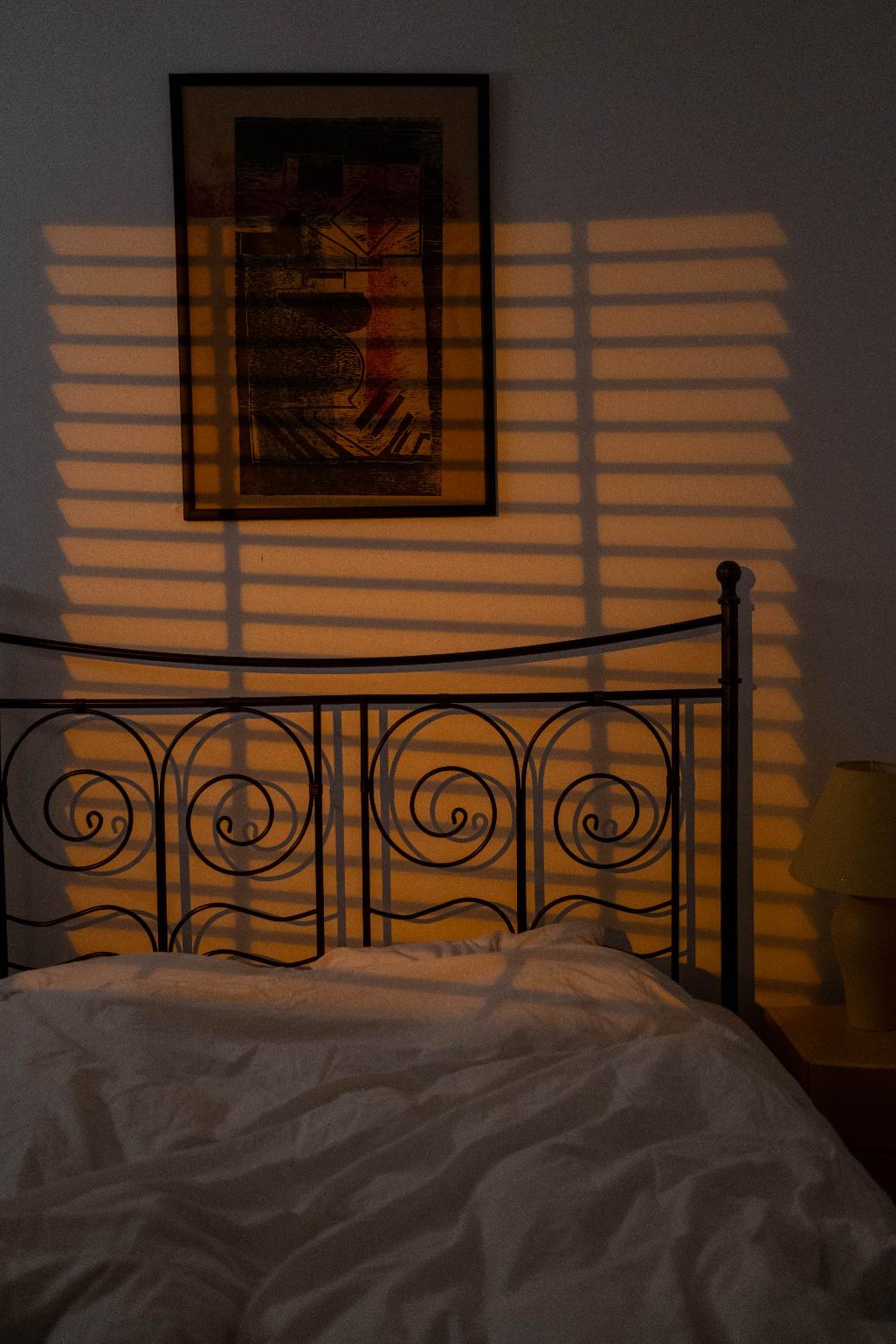
Love hotels are short-stay establishments used for facilitating romance and intimate activities. Originally started around the early 1960s in Japan, the concept of love hotels has since spread to other countries like Thailand, Taiwan, and South Korea. These hotels offer guests privacy and affordability, often outfitting their rooms with unique furnishings, special amenities, and adult-oriented entertainment options.
Though love hotels have been driven mostly by societal trends, their origins can be traced back to post-war Japan. After the war, Japan was facing an housing shortage due to rapid economic growth and an influx of people into the cities. In response to the shortage, entrepreneurs began creating rent-by-the-hour establishments in discreet areas to accommodate couples looking for privacy. These early “love hotels” were often situated far away from residential areas and ran by small families.
The popularization of love hotels were also likely influenced by the country’s conservative public mores. Japanese society during the 1950s and 1960s was largely conservative due to the values inculcated by the war, such as hard work and obedience. As a result, discussions about relationships, sex, and romance were still generally taboo. Love hotels provided a convenient, affordable, and discreet alternative to other lodging options, allowing couples to quietly enjoy themselves without judgment.
Though there are still taboo aspects to visiting love hotels, it is no longer viewed as a major taboo in Japanese society; millions of people now visit love hotels every year for a variety of reasons. They are popular among couples looking to spend a romantic evening away from home, businessmen who need to meet in a more private setting, and college students who need a place to spend the night.
Love hotels are also popular due to their unique and fun atmosphere. The establishments usually offer unique décor, furnishings, and amenities. They also often feature adult-oriented entertainment options, like Japanese anime and manga, adult films, and massage chairs. Some even have at-home features, such as microwaves, refrigerators, and karaoke machines.
Though love hotels can be expensive, they are often less pricey than other hotel establishments and offer guests a wide range of amenities for their money. Love hotels also provide customers with a great deal of privacy and discretion, often offering customers the option to use the property anonymously.
In recent years, love hotels have faced increased competition from online lodging services like Airbnb and companies like capsule hotels, which offer customers the option to rent rooms for extended stays. Nevertheless, the sector continues to remain popular among people looking for a fun, affordable, and discreet way to spend the night.
Overall, love hotels have provided customers with an alternative to traditional lodging options for decades. They offer customers privacy and affordability, unique furnishings and amenities, and adult-oriented entertainment. Love hotels continue to remain popular among couples, businessmen, and college students looking for a convenient and affordable place to stay.


